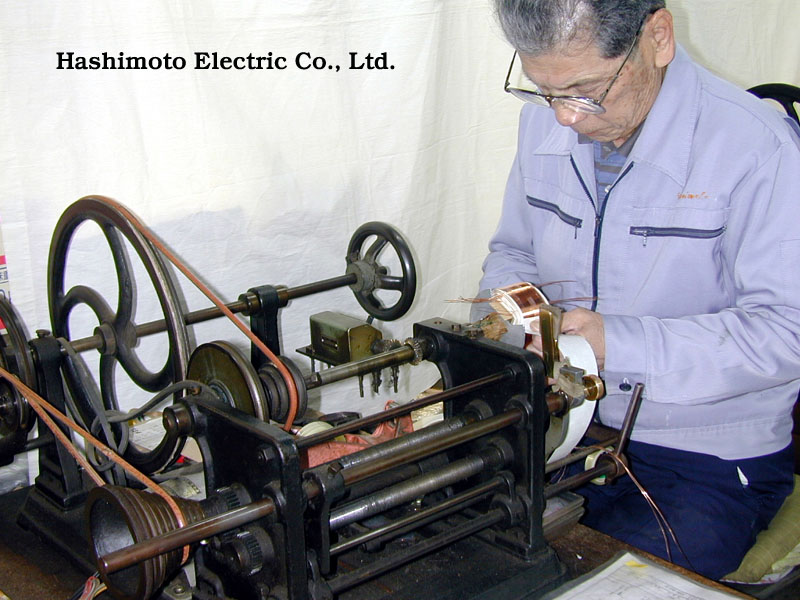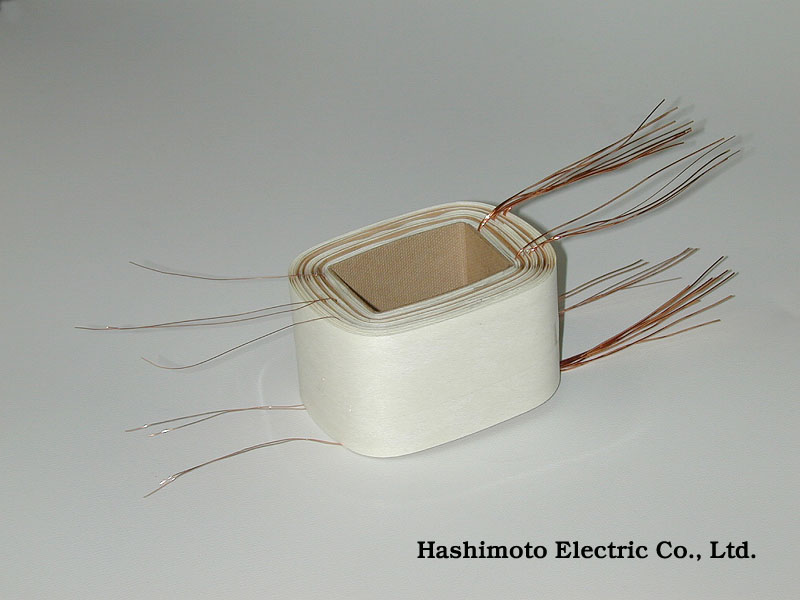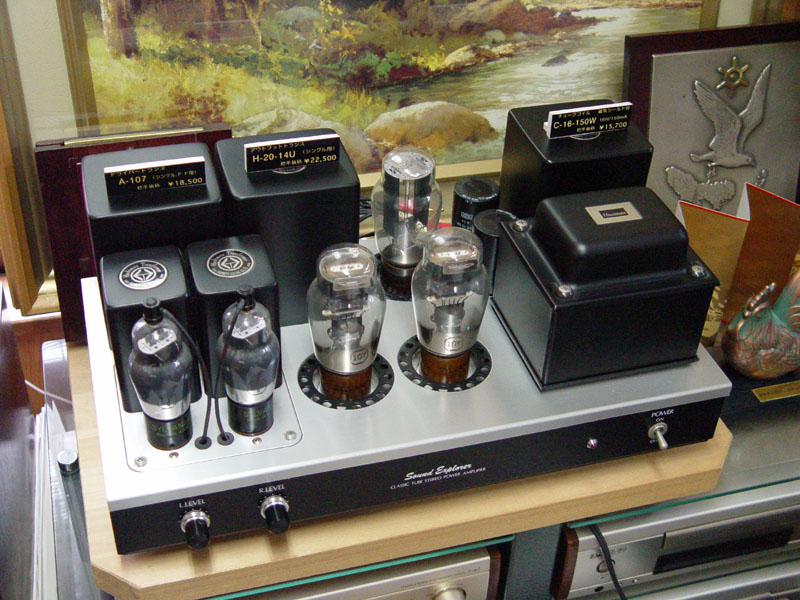Belo
Well-Known Member
This is what Sansui Japan is today: http://www.sansui-doshisha.jp/index.html
What a shame!:thumbsdn:
What a shame!:thumbsdn:
This is what Sansui Japan is today: http://www.sansui-doshisha.jp/index.html
What a shame!:thumbsdn:



Bear in mind they are Sansui in name only, and have absolutely no relationship with the original company. The Sansui name has been applied to all manner of products including cheap televisions, fridges and domestic white goods!

Bear in mind they are Sansui in name only, and have absolutely no relationship with the original company. The Sansui name has been applied to all manner of products including cheap televisions, fridges and domestic white goods!
I suspect the intensity you mention is a regional thing. Here in Northern Honshu, there is not much left of good audio. There are only one or two dedicated, but small audio shops left in Sendai (where I live) Once there were a number of amazing shops — and one that would have vied with or even surpassed any branch of HiFiDo.But here is a ray of hope...the world of audiophilia is intense here in Japan. Just look at the Kenrick Sound web site or YouTube channel to see how amazing things are here in Japan. The best audio Japan has to offer has many ready and eager buyers. I live a 25 minute bike ride from Osaka's branch of Hifi Do, and I go there at least once a week. Their stock is massive and little of it stays on the showroom floor more than 2 months.
He was not very happy because the entire venture had proven to be a loss. He told me flat out that the people in this area were just not interested in quality audio — and vintage in particular. The young are satisfied with their pods, smart phones and so on. Everyone is paying more taxes.
So many people are working in service and other jobs that pay minimum wage, which is very low here. I think that the reason there is not some sort of endemic anger and national emergency is the way families live here with the Confucian ethic and common support. Single mothers in urban settings such as Tokyo have particularly difficult lives trying to raise their children. Some of these families are failing to get a decent diet. And, food, children's clothing and school supplies are taxed!"The working poor ": Everyone I knew in Japan for decades considered themsleves "the working poor", even folks who had a good job, were 'just working to make ends meet and pay the rent & bills. Work 28 days a month, party for 2 or 3 days only. Like... one weekend a month. Other than that... work. It's hard, and tough, in Japan. But they grin and bear it. No other choice. And some even owned small to medium sized businesses who also considered themselves working poor. Seemed to me more like 50% to 60% working poor.
...and Akai cassette deck that had some sort of mechanism to physically flip the tape cassette (instead of reversing direction).
Mitch
